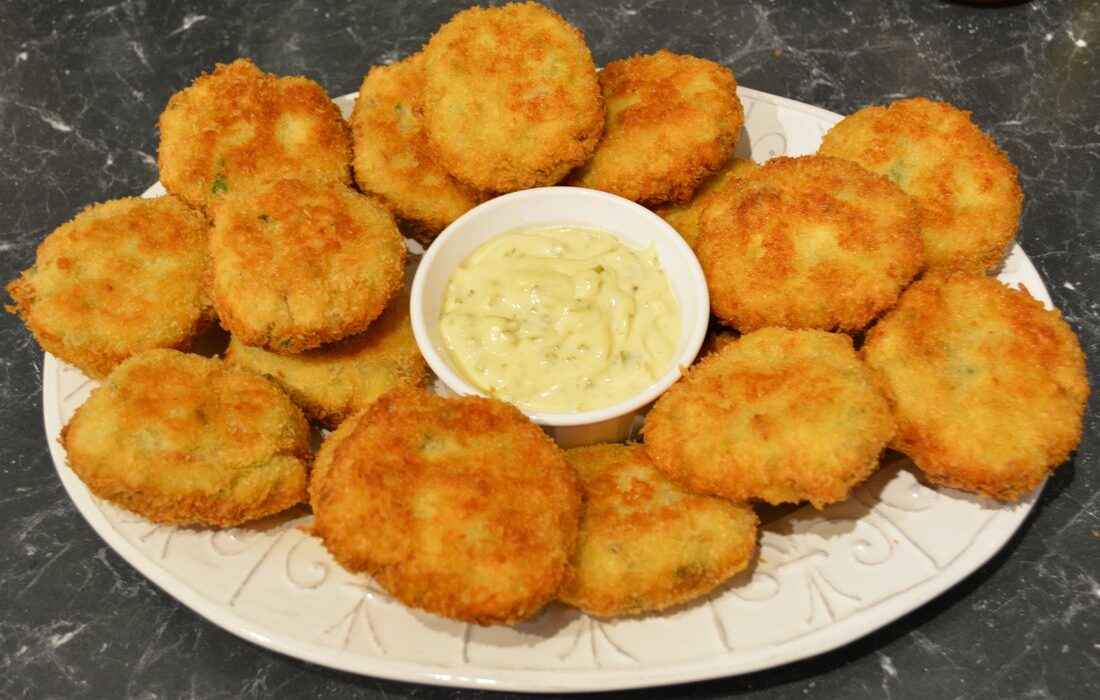In the ever-evolving landscape of sustainable solutions within the food industry, one Finnish startup has taken a groundbreaking step towards addressing two critical issues – food waste and carbon emissions. SuperGround, the brainchild of Santtu Vekkeli, founder and chief inventor, has ingeniously devised a method to transform discarded bones and hard tissues into delectable chicken nuggets and fish cakes. This innovative approach not only offers a flavorful alternative but also contributes significantly to a more efficient and sustainable future for global food production.
Unraveling the SuperGround Innovation
SuperGround’s journey commenced with a visionary pursuit to solve long-standing issues in the food industry. Santtu Vekkeli’s passion for finding solutions to food-related challenges led to the company’s focus on utilizing bones in food production without resorting to chemicals. Drawing from years of experience and a deep-seated commitment to sustainability, the team at SuperGround combined and tweaked existing machines, achieving a significant breakthrough three years ago – the creation of a “smooth and tasty paste” derived from hard tissues. This marked a pivotal step towards realizing their sustainable mission.
The Sustainable Advantage
What sets SuperGround apart is its unwavering commitment to retaining essential nutrients, including heat-sensitive vitamins, in a usable, non-denatured form. This unique approach ensures that the resulting paste can be seamlessly integrated into muscle-based food products, such as fish cakes and chicken nuggets. According to Vekkeli, hard tissues boast a protein and fat content similar to minced meat, making them an ideal material for food production.
Crafting the Bone Nuggets and Fish Cakes
The intricate process involves grinding hard chicken and fish parts into an edible paste, allowing up to 30% of a chicken nugget and 50% of a fish cake to be made from paste-ified bones without compromising taste, smell, or biting resistance. This innovative approach proves particularly effective in chicken kebabs and salmon balls, where the sensory properties remain intact. SuperGround boldly claims that their process can significantly reduce CO2 emissions, increasing food yield by 20 to 70 percent for both chicken and fish products.
Tackling the Environmental Impact
As the global demand for poultry meat continues to rise, so does the pressing issue of waste generated from animal agriculture. With over 130 million tonnes of poultry meat consumed annually, the significance of addressing this waste issue becomes glaringly apparent. Vekkeli underscores the massive scale of the problem, pointing out that approximately 20% of poultry’s mass comprises hard tissue. SuperGround’s innovative process not only provides a solution to this waste but also contributes to lowering CO2 emissions associated with food production.
Current State of Animal Waste
Traditionally, animal waste, including bones, tends to be overlooked and disposed of through various methods. Bones are often rendered back into the feed chain or end up in landfills. SuperGround’s approach challenges this norm, offering a sustainable alternative to the current practices. While some argue that waste in the agriculture industry is efficiently managed and repurposed, SuperGround’s method presents a more environmentally friendly option.
The Road Ahead: Collaborations and Global Impact
SuperGround is actively seeking collaborations with global food production companies that share their passion for sustainability. By partnering with such entities, the startup aims to scale its impact and revolutionize the way we perceive and utilize food waste in the industry.
The Broader Implications of SuperGround’s Innovation
The implications of SuperGround’s innovative approach extend far beyond its immediate impact on chicken nuggets and fish cakes. At its core, this method challenges the status quo of food production, encouraging a shift towards more sustainable practices. As consumers become increasingly conscious of the environmental impact of their food choices, SuperGround’s success could pave the way for a broader transformation in the industry.
Addressing Skepticism and Concerns
Despite the promising aspects of SuperGround’s approach, skepticism and concerns may arise, especially regarding the taste and safety of the resulting products. It is crucial for the company to transparently address these concerns, perhaps through rigorous testing, certifications, and collaboration with regulatory bodies. Ensuring that the final products meet high-quality standards is paramount to gaining consumer trust.
Future Innovations and Possibilities
SuperGround’s journey from collecting unsolved food-related problems to pioneering an innovative solution underscores the power of human ingenuity in creating sustainable alternatives. The success of bone nuggets and fish cakes opens up possibilities for further innovations in utilizing overlooked parts of food production. The exploration of other hard tissues and by-products could lead to a more comprehensive and sustainable use of resources within the industry.
The Societal Impact
As SuperGround continues to forge ahead, its societal impact cannot be overstated. Beyond the environmental benefits, the company contributes to the discourse on responsible consumption and production. It prompts consumers to rethink their choices and consider products with a lower ecological footprint. The ripple effect of such a shift in consumer behavior could influence not only the food industry but also societal attitudes towards sustainability.
A Paradigm Shift in Food Production
In conclusion, Super Ground’s commitment to reducing food waste and carbon emissions is not just a business model; it represents a paradigm shift towards a more sustainable and conscious approach to food production. The rise of bone nuggets and fish cakes serves as a beacon, guiding the industry towards innovative solutions that balance culinary delight with environmental responsibility. Super Ground’s journey is not merely about transforming discarded bones; it’s about transforming the way we think about and produce food for a better, more sustainable future.

